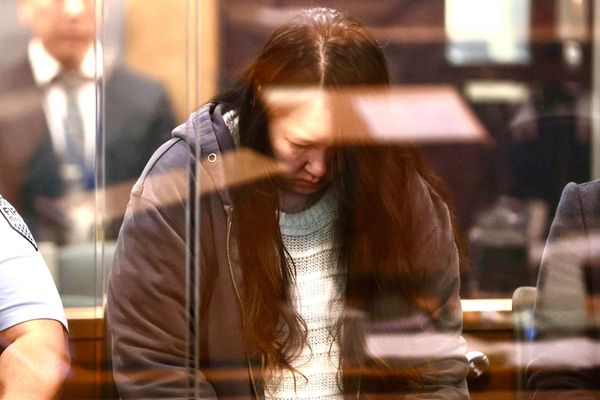On the long list of work that remained undone by state lawmakers during the 2022 legislative session, we must not forget about Maura Binkley and Nancy Van Vessem.
Binkley, a Florida State University student, and Van Vessem, a doctor and member of the FSU faculty, were shot to death during an attack on a Tallahassee yoga studio in 2018 by a man who was so consumed by his hatred and resentment of women that he killed them simply based on their gender, before turning the gun on himself. Four other women were injured in the assault, which the shooter had planned and researched.
He’d posted violent and hate-filled content on his personal website for years. He had a history of grabbing women sexually. He’d been banned from bars for his treatment of women, had been fired as a teacher in Florida for his inappropriate behavior with female students and had been ordered by the courts into mental-health treatment. He admired Hitler and described himself as a misogynist. Over and over, his anger was directed at women.
A report issued by the National Threat Assessment Center this month is spotlighting that particular brand of hatred in a 28-page document that should be required reading for all of law enforcement — and also for Florida’s lawmakers. In the report, “Hot Yoga Tallahassee: A case study of misogynistic extremism,” researchers examine the shooter’s disturbing history to show the threat that “incels” — short for “involuntarily celibate” — pose to society.
They go by other names, too. Male supremacists. Anti-feminists. Sometimes they’re part of the toxic masculinity subculture of the “manosphere,” as the Anti-Defamation League says. Some, like the Tallahassee shooter, don’t adopt a label at all. But, as the report says, addressing this threat requires the increased attention of everyone in public safety.
Florida’s hate-crime law
That includes legislators. And yet a bill to expand the definition of a hate crime in Florida to include gender got nowhere in the Legislature this year, or last year. Sen. Lori Berman, of Delray Beach, and Rep. Joseph Geller, of Dania Beach, sponsored the bill this year. It didn’t even get a hearing.
But here’s why it’s important: Under current law, if the Tallahassee shooter hadn’t killed himself after inflicting his horror on an unsuspecting yoga class, he wouldn’t have been charged with a hate crime, despite a mountain of evidence — spelled out in the national threat assessment report — that he was motivated to kill by his anger and resentment against women.
How does that make sense?
Geller, who has been pushing to expand the hate-crimes law for years, but who will be term-limited out of office this fall, told the Editorial Board that these kinds of attacks “reflect rising tides of hate in our society, and they must be repudiated, and my colleagues seemingly failed to appreciate the degree to which hate-inspired violence is undoing our civil society.”
Florida’s hate-crime law covers race, color, ancestry, ethnicity, religion, sexual orientation, national origin, homeless status or advanced age of the victim. Senate Bill 308/House Bill 111 would have added gender, gender identification, physical disability and mixed motives (someone who robs but also targets their victim because they are gay, for example) to that list.
Law-enforcement agencies are spotlighting the threat because they fear it is growing. In addition to the report by the National Threat Assessment Center, other groups, including the ADL, are focusing on the issue. It’s a national problem, one that no doubt will be hard to combat, because these predators, these proponents of violence against women often aren’t part of any organized group.
And yet Florida lawmakers, who deliberate for two months a year in the very city where the yoga shooter targeted women for their gender, wouldn’t even consider taking action to call out this kind of attack for what it is: a hate crime. Add it to the list of failures by legislators, the people who are supposed to represent all of us.
Perhaps they don’t remember, but that includes women.







